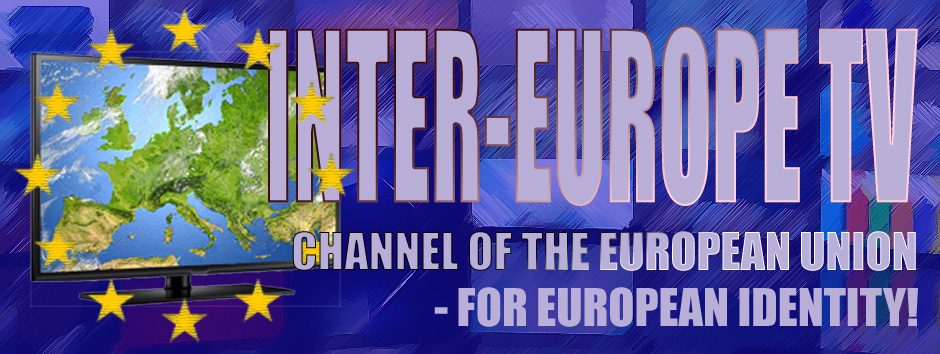Citizens of the EU
– in spite of the open economy, open borders and the freely flowing culture –
do not know each other.
We do not know – only superficially – each other’s culture, traditions and habits, the history, mindset and typical way of thinking of other nations.
Joining the EU brought the promise of peace, openness and freedom for the citizens of the entering country. Following the times of euphoria some European political leaders – in order to serve their own interests – started chauvinistic, populist and enemy-creating power.
The stormy history of Europe, the hundreds of years of wartime and feud, national and ethnical wounds would naturally and sadly give ground to this populism – because we know each other through prejudice.
The question is:
How could the citizens of Europe get to know each other
and make the others to understand them?
- Answering this question leads the nations of Europe to become European citizens.
- To understand each other without prejudice and to live consciously as a European will be the key to slowly increase participation on EP.
- Positive Europism would decrease eurosceptic thinking and increase cooperation.
- Growing “European Citizen” consciousness would make the chances of populist xenophobic autocratic politics to become much harder.
Az Európai Unió a tájékoztatást, a médiaügyeket – eleddig – alapvetően a tagállamokra bízta. Ekként nem fordított kellő figyelmet a tagországok lakosságának európai identitására, mely oda vezetett, hogy EU szerte megerősödhettek az Uniót ellenző, illetve EU-szkeptikus hangok, s erők.
Az INTER-EURÓPA TV projekt célja, hogy megtörje ezt a passzivitást, s megteremtse az európai identitás alapjait jelentő kölcsönös megismerés lehetőségét.
